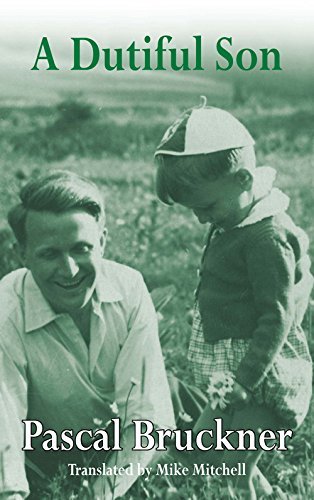What do you think?
Rate this book


127 pages, Kindle Edition
First published January 1, 2014
Brutal fathers have one advantage: they don't lull you with their gentleness, their sentimentality, they don't try to play at being big brothers or mates. They wake you up like an electric shock, make you someone who's eternally fighting or eternally oppressed. What mine passed on to me was his fury and for that I'm grateful. The hatred he instilled in me also saved me. I sent it back at him like a boomerang.
We baby boomers were fortune's children of the 20th century. We lived through the thirty glorious years after the Second World War, years of an unheard-of increase in disposable income, of unbridled sexual freedom unhindered by fatal disease. It is impossible to overpraise the beauty of those blissful years, all entirely devoted to the celebration of desire and youth, shot through with incredible artistic creativity.